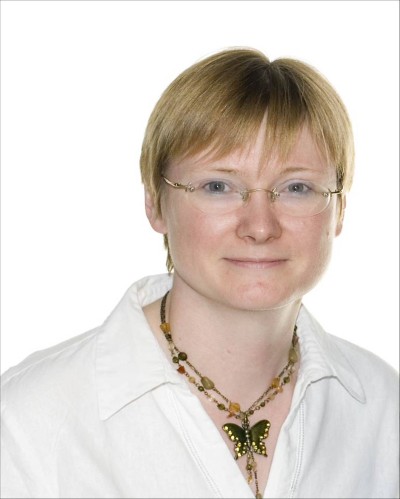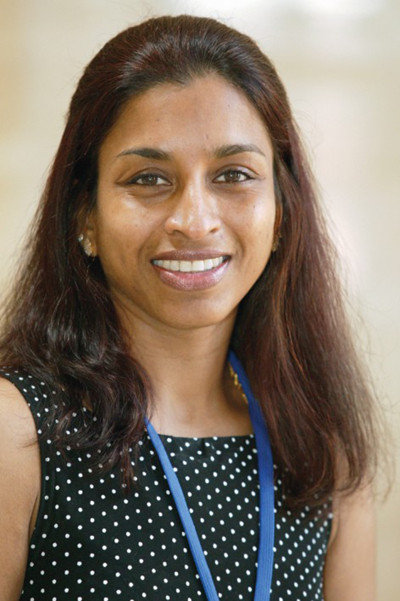Lysosomal storage disorders (LSDs) are a group of rare inherited metabolic diseases characterised by malfunctioning lysosomes, which are cellular structures responsible for breaking down various substances in the body.
This leads to the build-up of undigested materials, causing cellular dysfunction, and has detrimental effects on the body’s organs.
Our unit provides support for LSDs including Gaucher disease, Pompe disease, Fabry disease, mucopolysaccharidoses, and others.
Each condition causes different problems and can be hard to diagnose. We provide clinics for diagnoses, assessments, and evaluation for a full range of therapies.
Treatments include enzyme replacement therapy, oral pharmacological chaperone therapy, and substrate reduction therapy, as well as new therapies currently in development.
The LSD team are deeply committed to ensuring the wellbeing and quality of life for people living with LSDs and their families.
Through clinical expertise, compassionate approaches and multidisciplinary collaboration, the team provide exceptional care and support to patients while advocating for increased awareness, early detection, and improved access to therapies.
The LSD team has made important contributions to the understanding of these rare genetic conditions.
They have led clinical trials and translational research exploring the potential of enzyme replacement therapies, substrate reduction therapies, pharmacological chaperone therapies and gene therapies to alleviate the burden of these devastating conditions.
Your first appointment
At your first appointment, you will meet one of our consultants and a clinical nurse specialist (CNS).
If you do not have a diagnosis already, and have been referred for testing, we will discuss your symptoms and arrange a screening test for you.
This will usually involve taking some blood and possibly urine. After being sent to the laboratory, results can take up to three months to become available. We will get in contact with you with your results.
For patients who have already a received a diagnosis of a LSD, your first appointment will involve meeting your consultant and CNS to understand how the condition is affecting you.
This may involve blood tests and scans. There may be other investigations and you are likely to be at our clinic for most of the day.
On some occasions, you may need to stay overnight, in which case we will arrange accommodation for you at our patient hotel.
Once your tests are complete, you will be able to go home. We will get in touch when your results are available and explain if you are likely to need any treatment.
We may follow up with a telephone call to discuss possible treatments or new treatments available through research and clinical trials.
If you are due to start an intravenous enzyme replacement therapy, you will need to come to the hospital for your first dose. Future doses may be given at home by one of our home care teams. Oral treatments are given at home.
For more disease-specific information, contact the LSD unit.
Patients can be referred to the LSD unit by their GP or other healthcare professional.
Referrals can be made by contacting one of our LSD consultants or by emailing rf-tr.
Please note, patients are unable to book via the NHS e-Referral Service
The following resources offer some more information and support for LSDs.
LSD Patient Collaborative Group
The LSD Patient Collaborative Group is comprised of patient organisations representing people affected by LSDs.
Support for these diseases can be found on the following websites:
 Translate
Translate


